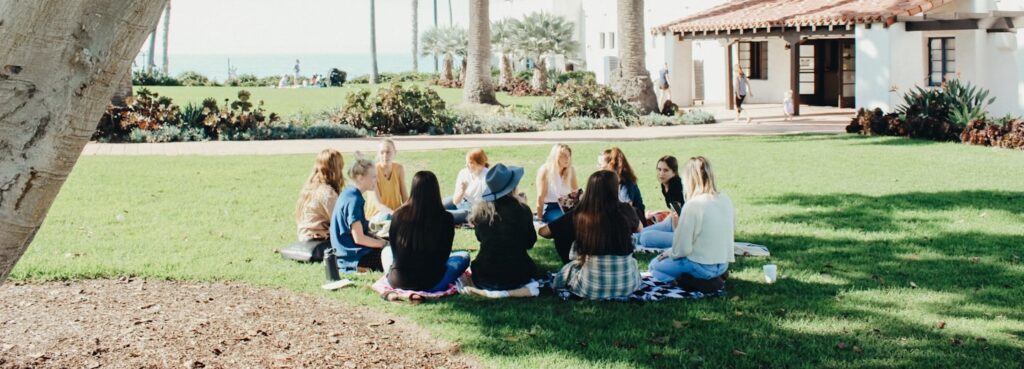WHAT IS STOANISM?

In ancient Greece, a “stoa” (στοά) was a shaded colonnade or portico, often used as a public space for philosophical gatherings and discussion. Most notable of these was the Stoa Poikilē (Στοὰ Ποικίλη) or “Painted Porch” in Athens where scholars such as Zeno of Citium taught, giving rise to the popular branch of philosophy we now call “Stoicism”.
A stoa could be described more whimsically as “a meeting place where silence, structure, and speech converge” and this is the inspiration behind modern-day Stoanism… a revival of the practice of people just meeting up to discuss and explore life, ethics, moral dilemmas, values and principles – not as a dry academic exercise but with a view to leading a happy, principled and philanthropic life in a rapidly changing and complex world.
By making philosophy and debate a social interaction rather than a private, intellectual pursuit, Stoanism also seeks to promote fellowship and tolerance between well-meaning people with enquiring minds and good hearts. In so doing, it aims to build strong, supportive, nurturing friendships and connections between adults of all ages, ethnicities, faiths, and walks of life. Stoanist meetings are intended not just as a talking shop for self improvement and virtuous living, but as opportunities to instigate, plan, coordinate and support charitable projects that benefit others both inside and outside of the Stoanist community.

Stoanism isn’t at all the same thing as Stoicism – you can follow one or both or neither. Stoanism isn’t a religion, or a way of life, or a belief system, or a prescriptive life philosophy. It has no universal rules, no commandments, no tenets and no rigid hierarchy. Stoanism isn’t mystical, spiritualist, pagan, elitist, or secretive. Stoanism doesn’t require that its members revere or celebrate a particular figurehead (human or otherwise), but does respect those who do, and it does celebrate and encourage quintessentially human qualities such as virtue, good character, fellowship, and generally being (and growing into) the best people we can possibly be. For some this includes religion, spirituality, and/or faith; for others it does not. Members are encouraged to develop, strengthen and quietly share (but not preach) their own “moral code” which might already be well established from existing religious or ethical beliefs, and to constantly question and fine-tune the application of their moral code to real-world situations – in other words the ongoing challenge of following a “moral compass” honestly and consistently.
“We are what we repeatedly do. Excellence (aretê, ἀρετή), then, is not an act but a habit (hexis, ἕξις).”
— Will Durant, The Story of Philosophy (1926)